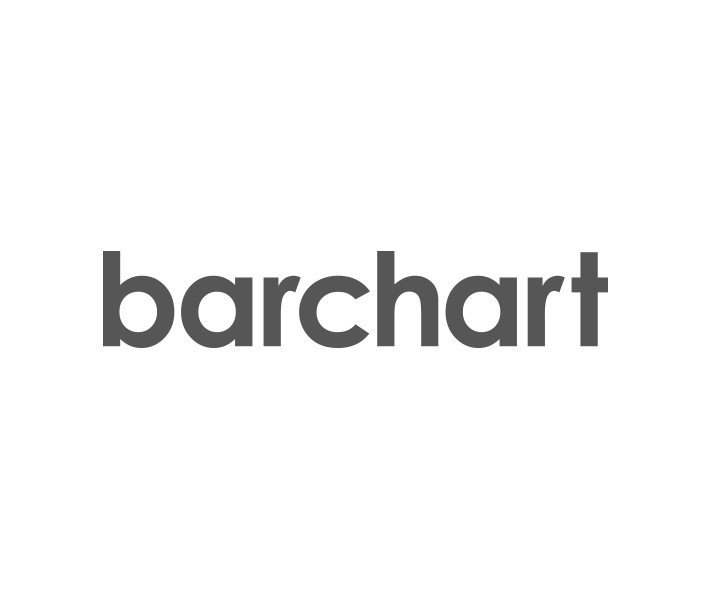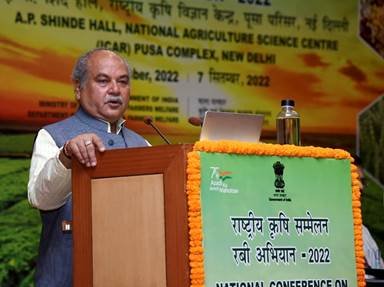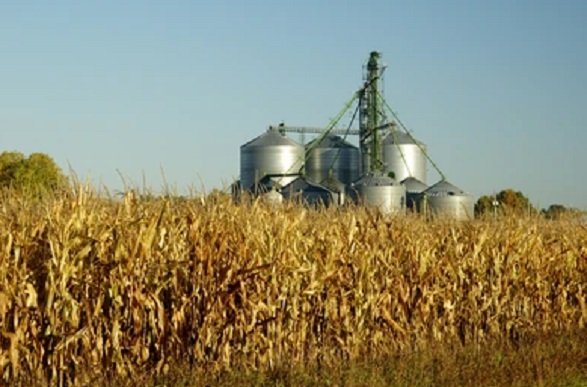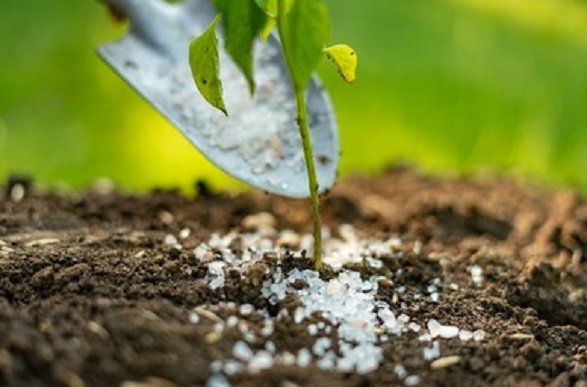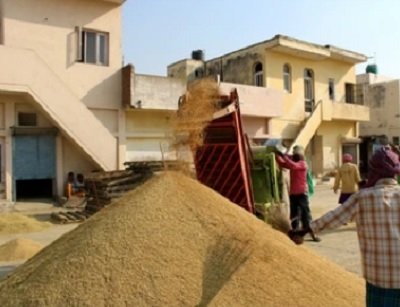Barchart and AgVision announce integration partnership for digital agriculture
Through this partnership, AgVision will seamlessly integrate its grain accounting software solutions into Barchart’s elevator-branded Marketplace mobile apps and online grower portals
Barchart, a commodity data and technology leader trusted by over 600 agribusinesses representing over 2,000-grain facilities, and AgVision, a leader in agribusiness software for grain, feed, fertilizer, inventory and retail accounting, have together announced a new partnership that will enable agribusinesses to make stronger relationships with their growers.
Through this partnership, AgVision will seamlessly integrate its grain accounting software solutions into Barchart’s elevator-branded Marketplace mobile apps and online grower portals. This integration will facilitate secure real-time access to critical producer data, including scale tickets and contracts, delivered directly to growers’ mobile phones. This provides growers with the information they need to enhance their decision-making capabilities, ultimately leading to improved operational efficiency and profitability.
In addition to empowering growers with streamlined data access, Marketplace apps and online grower portals help streamline agribusiness workflows by connecting seamlessly with cmdtyView – the leading merchandiser desktop solution – through market analysis and intelligence, offer and hedge management, communication tools, and grower data.
Through this partnership, AgVision will seamlessly integrate

